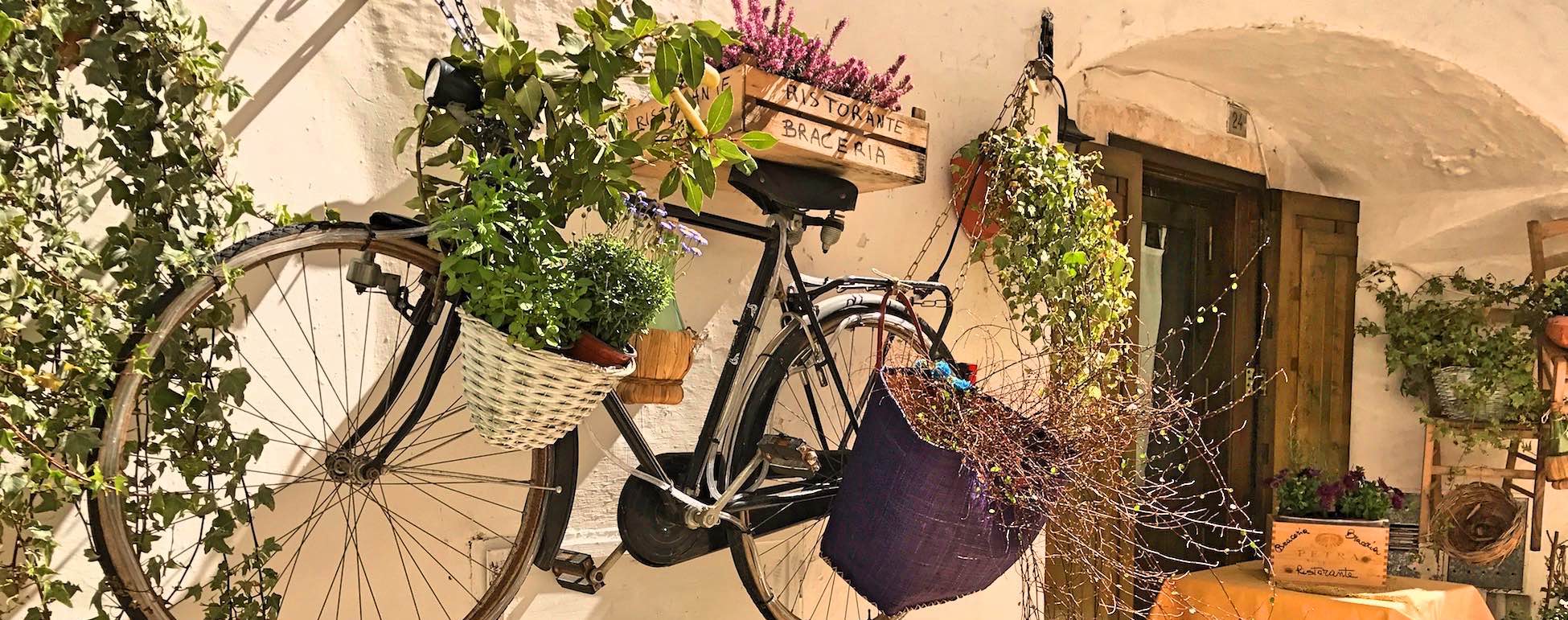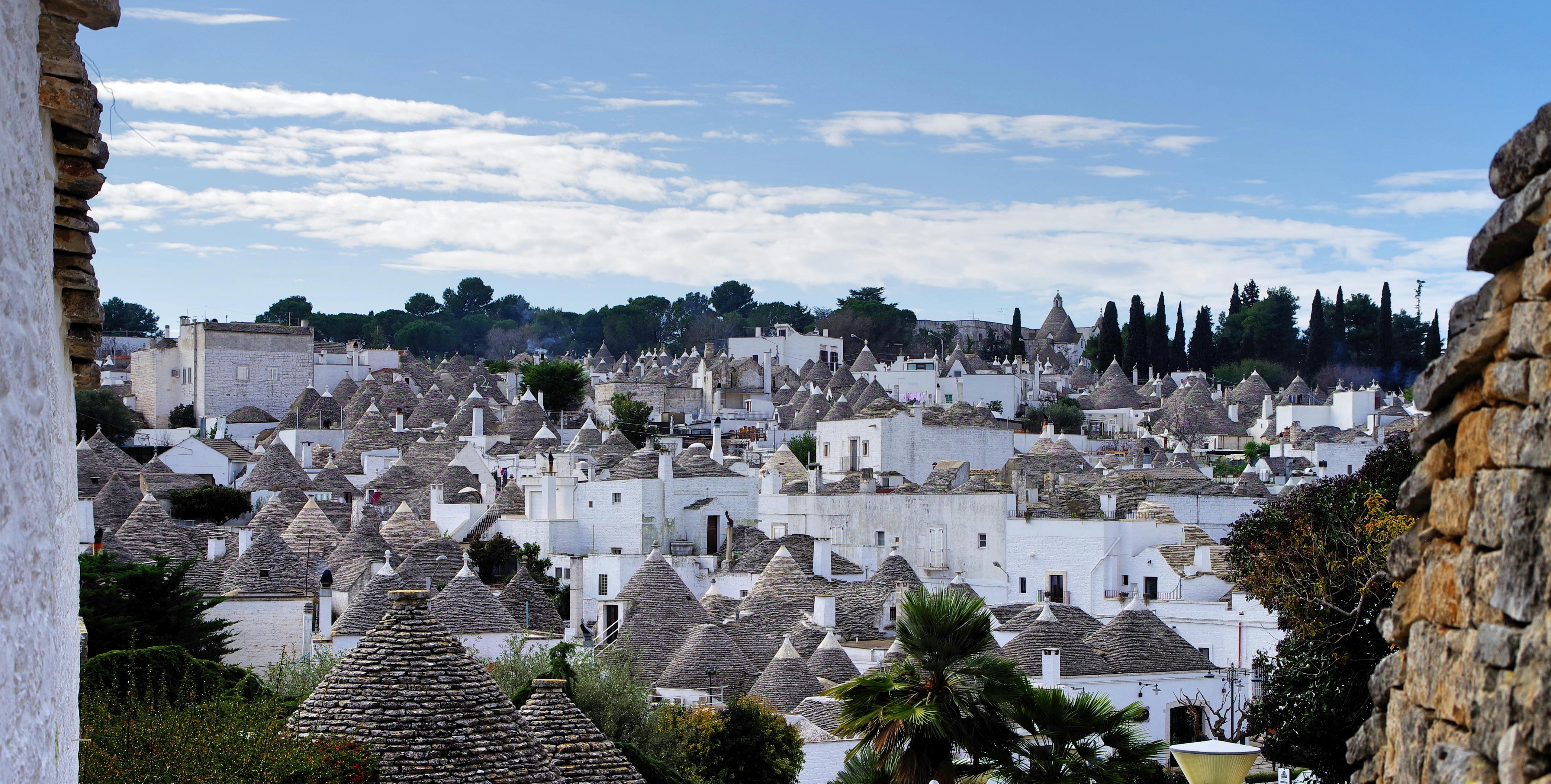Meeting other cycle travellers with bags and tents and greeting them with a big smile is the thing that excites me most about travelling by bike.
Maybe because we are aware of doing something beautiful, adventurous, relaxing, simple but with the that flavour of freedom, or it is that bit of presumption we have when we realise that we are not polluting, consuming, spending money, and at the same time we are seeing what other people, locked inside their car, don't see. We feel happy with our own choice and we don't want to hide it at all.
Because travelling by bike is a choice.
David Le Breton, in his “En roue libre” (Free Wheel- Sentimental Bicycle of Anthropology) traces the evolution of the role that we have given to the bicycle. From a tool for discovering the world of being a child, which allowed us to make our first brief explorations beyond our garden, to a tool for breaking away from everything that nowadays goes fast, too fast, that makes noise, that alienates our lives, which distances us. We have reached such a point of burn-out that it is no longer acceptable to remain trapped in traffic for a long time and see the world go by outside the window.
On the other hand, whether you use it for walking, excursions, transport, work, or competition, the bicycle still encourages meetings. It is multiracial, democratic, egalitarian, multidisciplinary, it always supports those who ride it, follows the rhythm, the shapes, the wishes of whoever is pedalling it at that moment. And here we are, rediscovering the taste of discovery, of physical commitment, of changing route at the last second, of moving now slowly, now faster. We don't encounter traffic jams, we don't have to worry about finding parking (I'll ignore the problem in some cities of parking racks that are often absent or inadequate), and we really save time, unlike the car which, created to speed up travel, has actually made it slower and more complicated.
I found the point in which what happens in cities in relation to the car-bicycle-accident triangle interesting. The more people on bikes in a place, the fewer accidents occur. The critical mass regulates circulation, safety, makes it fluid; motorists' road behaviour gradually becomes more civilised if the car-bike-pedestrian proportions align. The concept of "the majority of people" referring to cars vanishes, indeed, in some situations it is even completely overturned. The car, understood as a private space that occupies public space, is finally being questioned.
Road behaviour is a burning topic more than ever, especially these days, and especially in Italy, still a victim of the grip of car traffic and often of the ignorance of politicians, where the car is still a status of wealth, social and economic position , but above all the only possibility of movement.
Le Breton says it well when he states that the highway code should be a code of civility, of mutual recognition between users, to which a highway code must be added, valid for everyone, even for electric and alternative vehicles.
A book that I finally had the pleasure of reading and that I keep with extreme care in my bookshelf.
Written by Daniela Scianaro.
For further insight, you can read the original Daniela Scianaro's article here.





